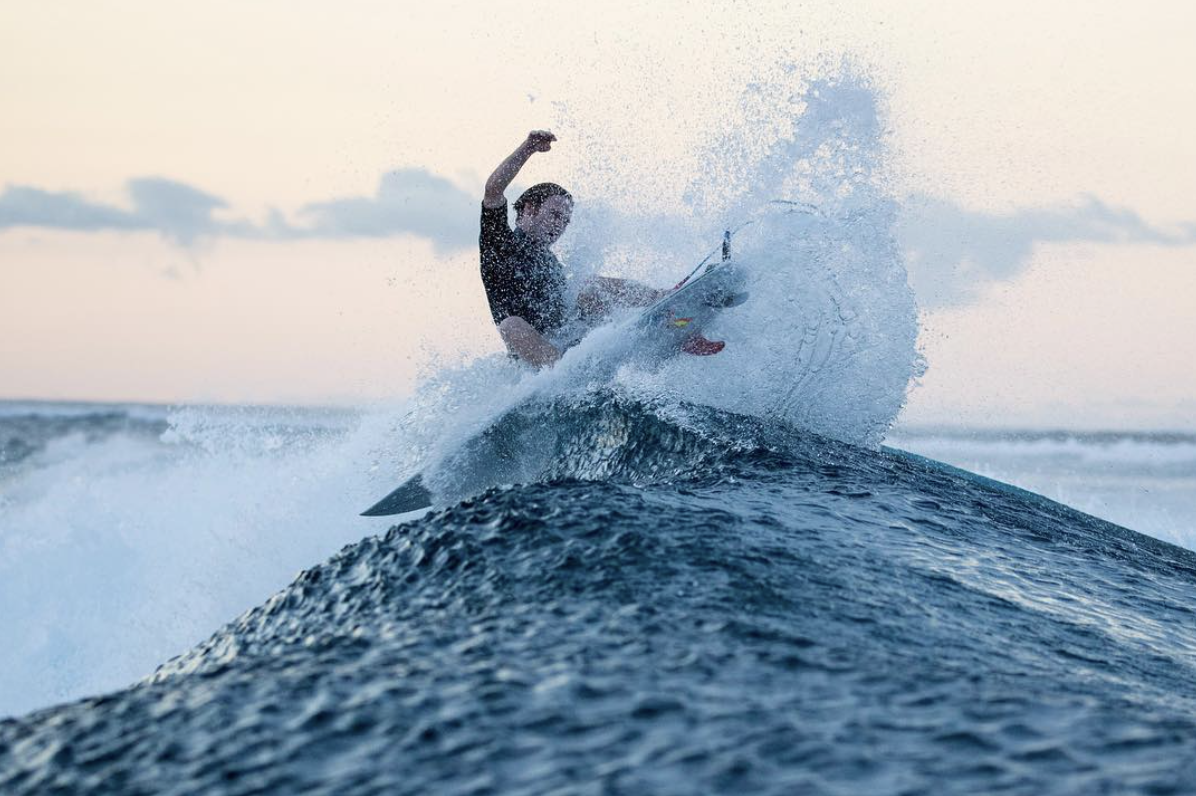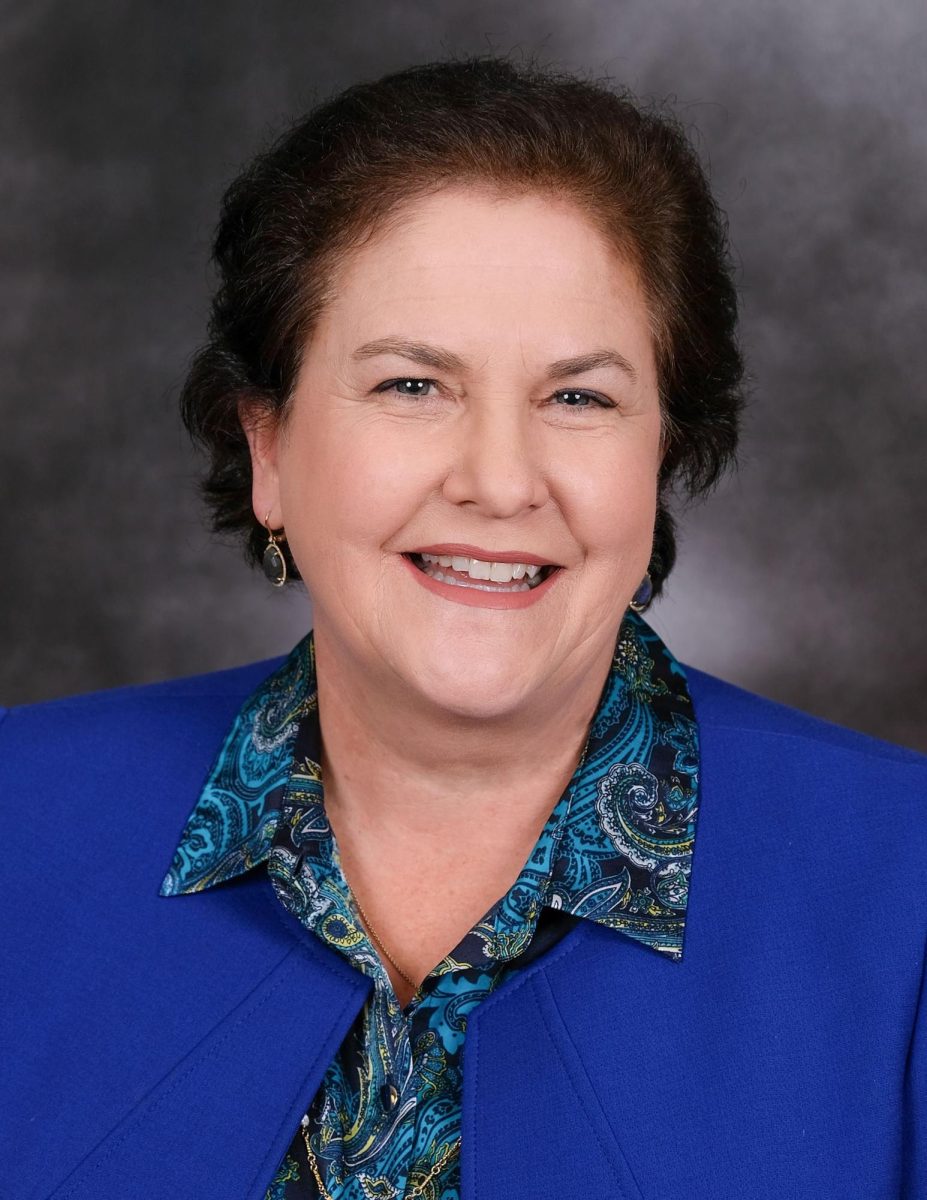
The town of Puerto Lopez faced the ocean on the western coast of Ecuador, a three-hour drive from Quito. A group of students played soccer on the beach, and across a cove from the beach was a mountain, and beside the peak the sun dove for the water. The sky went orange, went green, finally crept toward indigo. Sailboats, fishing boats, and canoes stood silhouetted on the ocean, bobbing with the breeze.
Other Redwood students and two teacher chaperones lazed around their hostel, a two-story wooden building hidden by overgrown trees. They sat on swings and hammocks watching the soccer players kick their ball over wet sand, into the surf, sometimes into the waves. The group of Redwood students had just come back from the street market.
It grew dark –– dark enough that the students couldn’t see the ball. They trudged up the beach to the hostel to have dinner and clean up. They’d already packed the night before. Tonight was about savoring their last hours in Ecuador. For many it was nostalgic; they’d made good memories and new friends with students at Fanny De Baird, a high school in the coastal town Bahia de Caraquez: Yair, Luis, Jeicol, July, Yanina, and many others. Yair wore his hair long under a baseball cap that he’d bought on a trip to California a year ago. Luis was a surfer with short curly hair. He spoke Spanish primarily, and spoke the best English of the Fanny students.
As the Redwood students reminisced about their times with their new friends, one student, Daniel Oh, examined his foot. He’d stepped on a stick at the beach and was searching for a cut. He was in the shower washing his foot and rinsing his hair when the earthquake began.
—
This is their story, as told by Daniel.
The power went out. Someone screamed. ‘It’s just a power outage,’ I thought. Although I couldn’t see anything and was disoriented from the dark, I didn’t shut off the water because I didn’t think much of the outage.
Then I became dizzy. It felt like someone had spun me around ten times, and the darkness only worsened the disorientation. I put my hands out, held onto the tiling on the walls. I thought I was fainting –– maybe the cut on my foot was deeper than I’d thought. After three seconds, I recognized that it was an earthquake.
The room didn’t shake, it rolled. It sat at the top of a long wave, dipped to its minimum, rose again. I started counting the seconds aloud: one, two, three…
‘I hope a beam doesn’t fall on my head,’ I thought. I should’ve sat down and covered my head, but at the time I was frozen. I was calm, yet I couldn’t think.
When I’d reached 12 seconds, I heard frantic voices moving past the door in the hall. It was impossible to tell in the dark whether the earthquake had passed.
“Is someone in there?” a teacher’s voice called through the door.
“Yes,” I said. I grabbed my towel and opened the door. The hallway was dark. When I stepped outside I was one of the last to arrive on the street. The students were in a huddle on the other side of the road. Groups of two and three consoled each other.
What I remember most amid all of this was my unsettling calm. I wasn’t holding anything back; there was no panic to hold. Wasn’t I supposed to feel something more?
—
We were lucky enough to be physically untouched.
The teachers retrieved our things and loaded us on to a bus at 8 p.m. Originally we had intended to leave Puerto Lopez at 11 p.m. to reach the airport in Guayaquil at 3 a.m. By a stroke of luck, the bus driver happened to be in town when the earthquake hit.
The lights were out in Puerto Lopez and we could see the teachers and GSE leaders outside, gathered in front of the hostel under a pool of orange light from the street lamp. None of us knew why we were waiting, and none of us particularly cared –– we were too shaken.
—
For the next six hours, we took a detour from the main road to the airport because of a landslide. The new route took us through rough roads in the mountains, strewn with potholes and bumps and debris. When people had to urinate they peed in a bucket. Someone started a sing-a-long to cover the noise.
When we got to the airport, I saw ceiling panels caved in around a support beam. Chairs were in disarray and debris had fallen from the second floor to stores on the first. As I was going to get food, members of the crowd turned and took tentative steps toward the exit –– an aftershock. We sat at the airport for at least 10 hours, and together we watched the sun rise.
As we said our goodbyes to our GSE leaders, we found out that the house at which we had slept in Bahia had suffered structural damage. One of the leaders was crying when we boarded the plane and left.
—
Copa Airlines took us to Panama City, where we stayed in a five-star hotel. It was strange to leave burnt out lights and tearful families only to find ourselves amid high ceilings, decorative fountains, and sushi bars, swimming pools, and computer lounges. Something bothered me there, though I couldn’t define it.
It was only at the group dinner buffet that I put it together. The twenty-four of us had left untouched. No scratches, no bruises. The buffet table was laden with fruit, chicken, pork, rice, corn, and salads.
Our departure from Ecuador had to be some sort of cosmic joke. Twenty-four privileged Americans left a ruined Ecuador behind with nothing more than sunburns.
That night we had a group talk. We didn’t feel lucky. We felt guilty for leaving. Over the course of the trip, the death toll had jumped from seventy-seven to two-hundred, from two-hundred to three-hundred. The numbers gnawed at me. One could be Yair, Luis, or any other of our friends.
I wished I’d gotten hurt. I wished a log or a beam had fallen on my arm. As illogical as it was, there would’ve been some justice in it.
—
During our second day at the hotel, we learned that the Fanny students were unhurt, though some of their homes had been destroyed. After two nights, we left. At 8:50 a.m., we boarded a plane to San Francisco.
—
The return to school was tough. I felt a profound lack of purpose. The questions I got were about the earthquake, not about the people we’d left behind. Class seemed unbearably inane. While Luis struggled in the rubble of his broken home, I sat in class watching videos and filling out worksheets. Marin had moved on but I hadn’t. I wanted people to feel how we felt, to see why we wanted to help.
—
Redwood students can donate to earthquake relief on the GSE donation page. Students are selling chocolate bars to raise funds, and have organized fundraising pages which peers can share on their social media. Anyone interested can come to a GSE fundraising event on Thursday, May 19 from 6 to 9 p.m.











